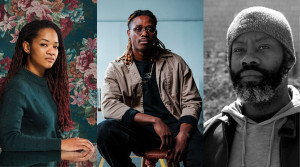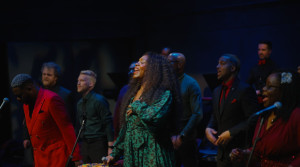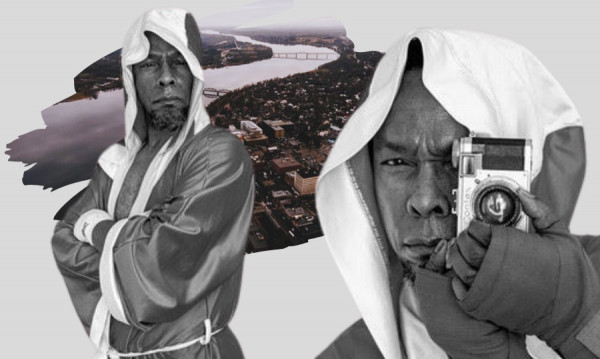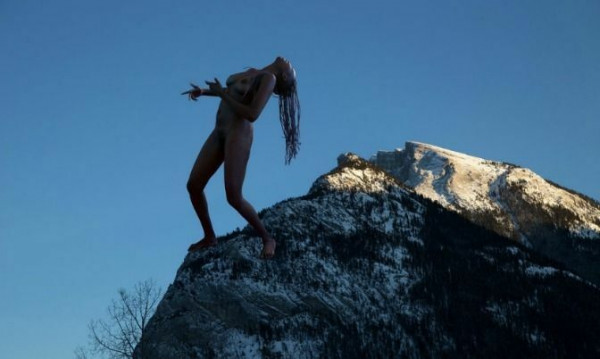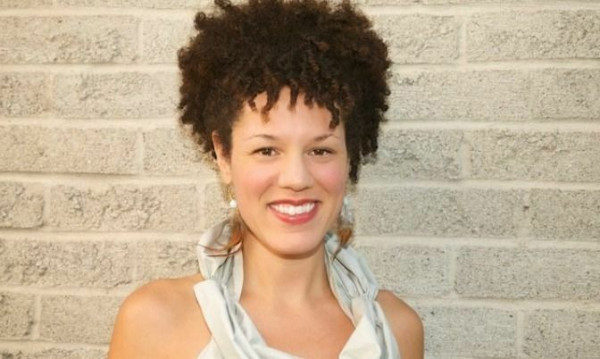Previously, he has shot ad campaigns for Nike, Adidas, and Joe Fresh to name a few. He started his work in 2016 and says that success is a slow burn that many people aren't willing to endure. Howard attributes his success to building relationships, being good at his work and personal connections.
The JUNO Awards team reached out to Howard and he says, “wanted me to basically bring my sauce to the table to photograph all the amazing artists and talent that would be attending this year’s JUNO Awards.” Of course Howard was thrilled. “I've never been to the JUNO Awards before, so this was my first time going, but also being the portrait studio photographer was a dream come true.”
Howard got to photograph Humanitarian Winners Tegan and Sara, winners TOBi, performer Lu Kala but the person he was most excited to photograph was Canadian Music Hall of Fame Inductee, and the first Hip-Hop artist to receive this distinction, Maestro Fresh Wes. “I had recently watched a documentary that CBC had put together and it was essentially highlighting Canadian hip hop. It was also centred around him, his upbringing and how he really paved the way in the industry while being a Canadian hip hop arist. Having the experience to learn more about him and the history of his career, and then months later actually [being able to] meet him in person was pretty cool. He's a super cool guy, funny as well. That was definitely the highlight of the weekend for me.”
When photographing several people for hours, in the same space, Howard shares that he tries to play around with as many angles as he can to have a different vibe for each artist’s photo. “You have less than five minutes with each talent. So as soon as they walk in and I’ve introduced myself and gathered everyone's names, I'm really trying to get a sense of their vibe and what they feel comfortable with. By having a conversation with them and talking to them, I’m getting their personalities to come out and trying to find that right moment that really highlights them. It’s super important to not approach the photograph selfishly but to approach the photograph trying to highlight [the artist] in the best light. They're trusting you to highlight them in the best way that makes them feel comfortable.”
{https://www.instagram.com/p/C49IxOpMoeR/?img_index=1}
He adds that he feels responsible for making sure the artists look good, but also feel good and are happy with the photos, “It was super fun, super cool, very fast-paced. I loved it. I wouldn't have done it any other way.”
There's something particularly visually arresting in the way Howard captures the essence of Blackness. "The way I approach photographing Black people is to ensure their skin tones are as accurate as possible. I don’t want their skin to have a grey cast and not to appear darker or lighter than they are in real life. And most importantly, I ensure their skin is nicely moisturized! I’ve seen campaigns with dark-skinned models having ashy hands, and that’s not a good look! It comes down to taste level, educating yourself on how to properly light Black people, and working with excellent lighting techs that can achieve the look and feel you want when photographing darker skin tones.
As a Black photographer Howard says most days he forgets that he may be viewed as a trailblazer or role model. “When I go on set, I’m going because I was hired to do a job, right? When I leave the set and I actually go outside and meet people within my community and they ask ‘How did you get into the industry? How are you shooting commercial clients?’ I always love to give feedback. I always love to give advice, but no matter how many times I hear it, what always hits me is that it feels so nice to see someone that looks like me in these spaces operating at a high level. It makes me know that it's possible for me to do it too. I'm just living my life day to day, doing what I love, but within doing that, you're really impacting people.”
Howard wishes there were more Black creators in the photography space which is why he does not gate-keep information and believes in spreading information to build legacy. “It's way beyond just the beautiful photos. It's all about how you impact people because that's how people are going to remember you.”
We are far from hearing the last of Howard as he builds this legacy. “This is a long game. I'm not putting down the camera anytime soon, not even within 30 years or 40 years. I'm going to keep on shooting forever.”
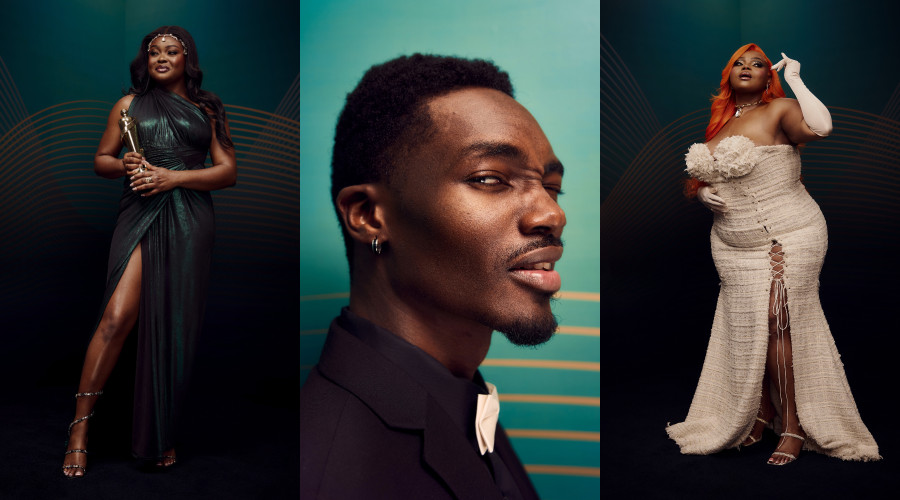
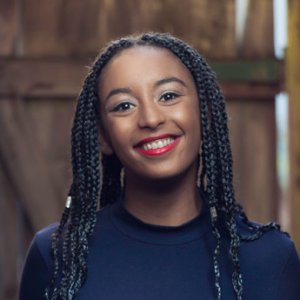 By
By 




